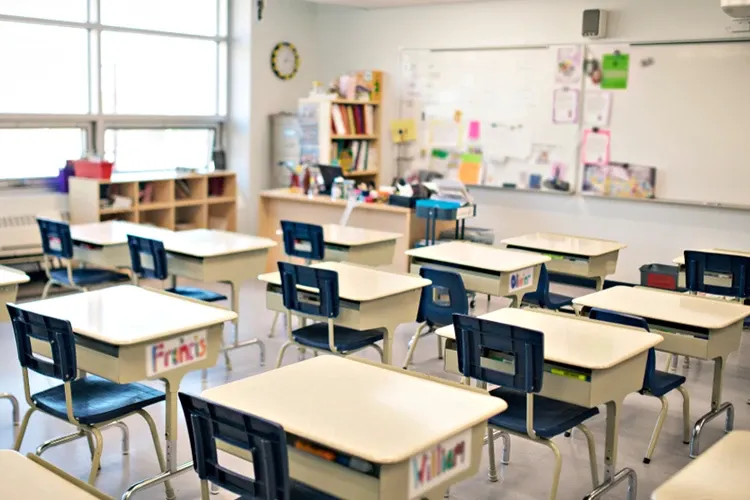Nationwide average scores on the ACT, one of the major standardized exams which high school students take for college entrance, reached their lowest levels in more than three decades.
Students in the class of 2023 earned an average 19.5 out of a possible composite score of 36 on the exam, according to data released by the ACT on Wednesday, marking a decline of 0.3 points from the previous year. Average scores for the reading, mathematics, and science components were lower than the ACT college readiness benchmarks, which are the minimum scores needed for students to have a high likelihood of success in their first year of college.
“This is the sixth consecutive year of declines in average scores, with average scores declining in every academic subject,” ACT chief executive Janet Godwin said in a statement. “We are also continuing to see a rise in the number of seniors leaving high school without meeting any of the college readiness benchmarks, even as student GPAs continue to rise and students report that they feel prepared to be successful in college.”
Only 20.8% of students were able to meet each of the four benchmarks, representing another decline from 22.1% of test takers able to meet the four benchmarks last year. The share of students who met none of the benchmarks rose to 43.3% this year from 41.6% last year.
“The hard truth is that we are not doing enough to ensure that graduates are truly ready for postsecondary success in college and career,” Godwin contended. “These systemic problems require sustained action and support at the policy level. This is not up to teachers and principals alone; it is a shared national priority and imperative.”
The historically dismal test scores come three years after government schools were shuttered in favor of virtual instruction amid the nationwide lockdowns. Disruptions in classroom instruction could cost the United States economy as much as $28 trillion over the rest of the century as cohorts of students enter the workforce with lackluster skills, according to one estimate from Stanford University economics professor Eric Hanushek.
American families have increasingly relied on private and home education over the past three years as outcomes at government schools continue to worsen. Rates of homeschooling have increased 30% in the years after the lockdowns, according to data from the Urban Institute.




